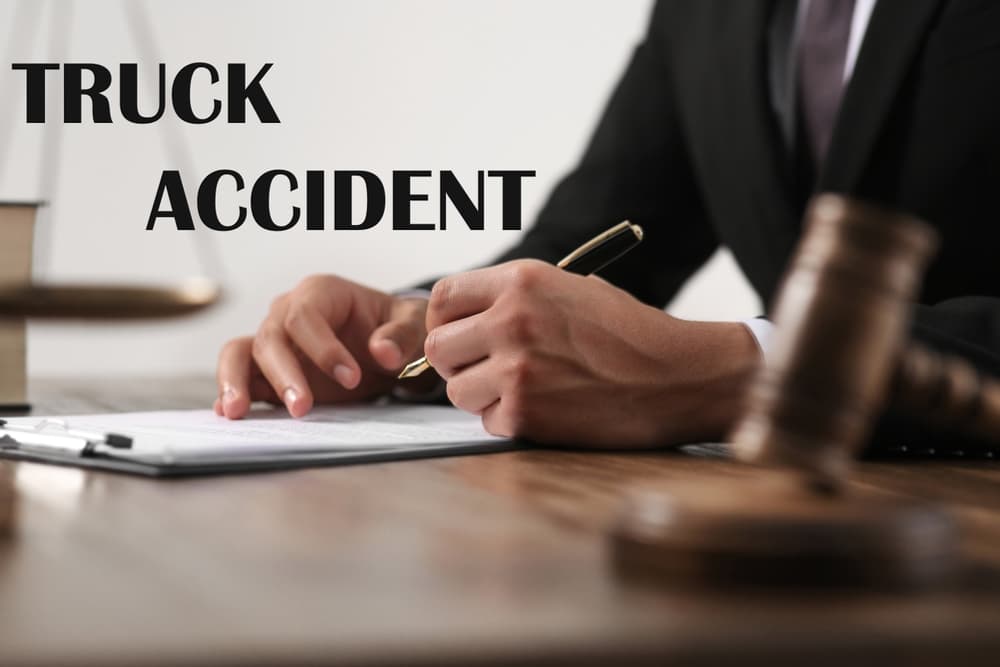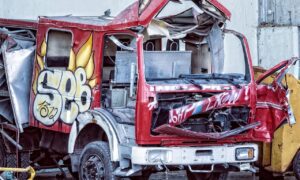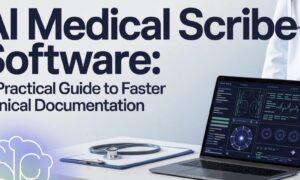Tampa, Florida, is a major hub of commerce and transportation in the Sunshine State. With its busy highways, thriving port, and constant flow of cargo trucks, it’s no surprise that the city sees a fair share of trucking activity and, unfortunately, trucking accidents. These incidents are rarely simple. Unlike standard car collisions, truck accidents in Tampa often involve multiple layers of responsibility. From the individual driver to the company pushing tight deadlines, the manufacturer of a faulty brake system, or the team that loaded the cargo, any of them could hold partial blame.
Liability is rarely cut and dry. And with Florida’s comparative fault laws, even minor oversights can significantly affect a case. For those involved, navigating who is genuinely at fault can be overwhelming without proper guidance. That’s where Tampa truck accident legal experts come in. They help untangle the complexities, ensuring no responsible party walks away without accountability and no victim walks away without the compensation they deserve.
The Driver’s Responsibility
Being beneficial to road safety, truck drivers play an integral part. They have to follow many regulations and guidelines that are set up to avoid accidents. To violate small matters is one thing, but to violate serious ones is something else: speeding, distracted driving, or fatigue. If a driver does not follow these rules, that driver may be liable for any accidents. Tiredness, for example, is a serious problem when drivers spend many long hours behind the wheel. If drivers do not comply with the required rest, they will likely be at least partially responsible for an accident.
The Trucking Company’s Role
There are duties imposed on trucking companies that can affect liability, too. They have to keep up their fleet and provide drivers with sufficient training. However, if the company fails to maintain the vehicle, the defective equipment may cause an accident. Also, when there is an unrealistic delivery schedule, this can force drivers to breach safety regulations. Liability may also be shared by companies that are pushing their drivers beyond safe limits. The pressure can result in bad road choices, leading to an increased risk of an accident.
The Manufacturer’s Contribution
The truck or its components may become distorted and cause breakdowns. The manufacturer might be liable if a design flaw or manufacturing defect leads to the accident. Examples include loss of control due to faulty brakes or steering systems. In such incidents, different parties may be liable, including the vehicle manufacturer, designer, and maintainers. Finding a defect is an exhaustive task that sometimes needs structured analysis.
Cargo Loaders and Their Impact
Improperly loaded cargo can also cause truck accidents. Before loading, companies must secure goods so they don’t shift during transit. This can pose a challenge when handling the vehicle, particularly during sharp turns or sudden halts. The loading company can also be liable if a bad load causes an accident. This one area illustrates the nature of many players in the trucking business.
Role of Maintenance Providers
Police say a truck’s safety depends heavily on regular maintenance work; businesses or persons in charge of maintenance must carry out their tasks effectively. Poor electrical maintenance can result in mechanical failures, greatly raising the chances of an accident. The maintenance provider may be partially liable if it fails to rectify issues like neglected, worn-out brakes or tires. Exploiting maintenance records can help identify negligence, which can be one of the reasons for the liability.
Government and Regulatory Bodies
To maintain road safety, government agencies must establish standards and regulations. The failure to enforce such rules properly also contributes to accidents, such as poor road signage or infrastructure maintenance. Even though no government agency is directly involved in every accident, the role of the government in maintaining safer roads and road conditions cannot be ignored.
Insurance Companies and Their Influence
The onus to determine liability is on the insurance companies. They review claims to determine who has to pay up. They frequently uncover more than one at-fault party during their investigations. Insurance companies, while negotiating settlements, may consider the common fault of the involved parties. It keeps terms like this simple and avoids unnecessary complexity that would require legal expertise.In the event of an accident, knowing and understanding your different options when it comes to insurance cannot be stressed enough.
Conclusion
Identifying liability in truck accidents involves many factors and parties involved. Drivers, trucking companies, manufacturers, and maintenance providers all play a part in road safety. Acknowledging the possibility of mutual accountability is crucial for individuals impacted by such incidents. An in-depth probe and understanding of the regulations clears the air of responsibility. This makes a solution equitable and leaves no one unaccountable.

































